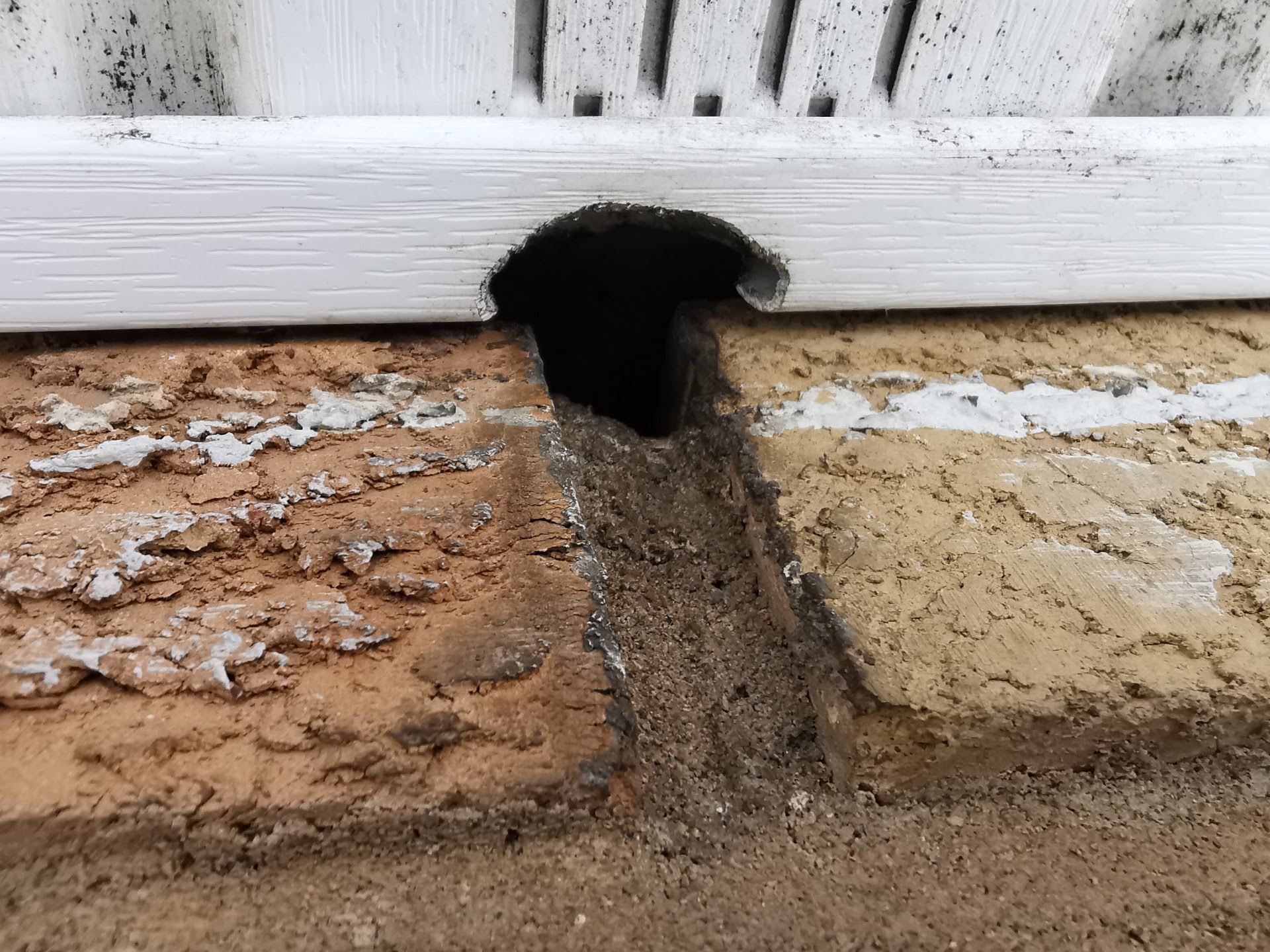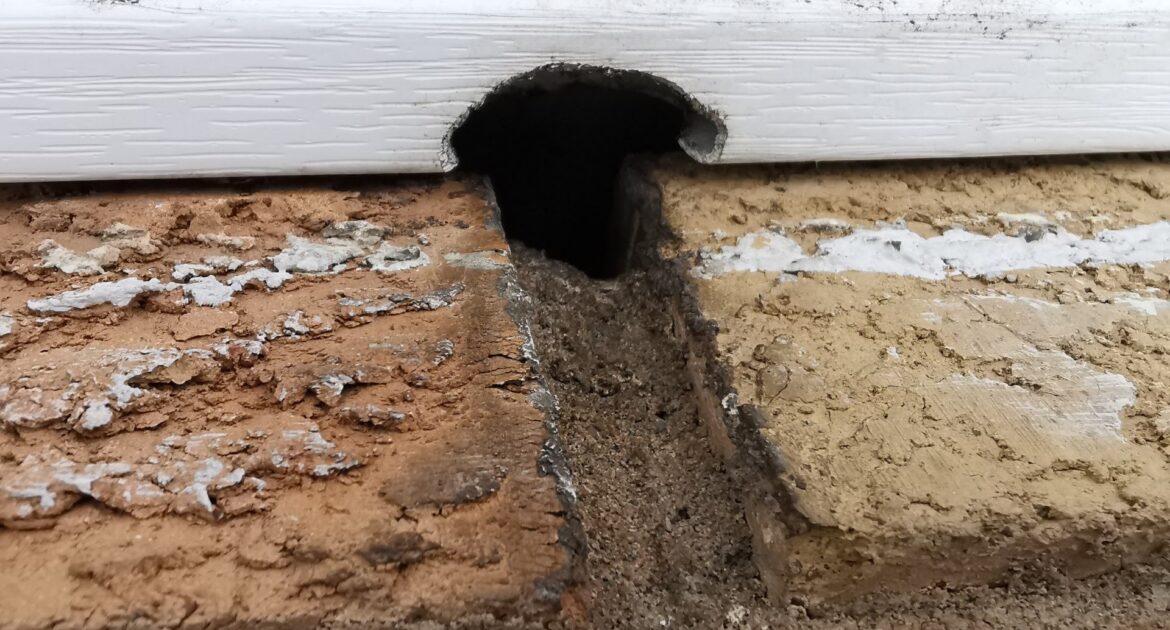If you have an infestation of rodents in your home requiring Whitby animal services, it can be helpful to know their strengths and play to their weaknesses in trying to manage the problem. Conventional wisdom holds that rats and mice do not have good vision. The truth is a bit more complicated.
Rodents’ Visual Acuity
When people say that rats and mice have poor vision, that is true from a human perspective. Human beings have visual capabilities that rodents lack, and vice versa. Rodents have evolved visual capabilities that are very useful to their survival, but a human with such limitations would find functioning difficult.
Because human beings have eyes that face front, we have the ability to perceive depth. Rats and mice have limited depth perception because their eyes are on either side of their head. They do have the ability to move each eye independently, which can come in handy for keeping one eye on the ground looking for food and the other on the sky watching for airborne predators.
Rodents have limited ability to perceive colour. They cannot see the colour red at all, although they can discern between shades of blue and green. Because rats and mice are nocturnal, i.e., active at night, the ability to perceive color would not be a useful advantage.
Rats and mice are nearsighted, only able to focus on an object that is about one or two feet away. Keep in mind, that this is a proportionately longer distance for a rodent than a human being. Rodents are able to discern movement from up to 45 feet away, which is more useful to them when trying to avoid predators.
Rodents’ Other Senses
Predators are usually the ones who have very sharp visual capabilities. Since rats and mice are prey animals, they tend to rely more on their other senses when it comes to getting around and finding food. For example, a rodent’s sense of smell is very advanced. Not only can they detect food and predators through smell, but they can also communicate information about themselves to other rodents via body chemicals called pheromones that they perceive and interpret through scent.
Rats and mice rely more on their sense of touch for getting around than their sense of sight. Like cats, rodents have sensitive whiskers that help them detect foreign objects. Unlike cats, they also have sensitive body hairs that serve a similar purpose. When getting around your home, rats and mice, therefore, like to travel along the wall instead of moving out into the open.
Rodents have ultrasonic hearing; they can perceive sounds that are beyond the range of human ears. This helps them to avoid predators. They also have the ability to make ultrasonic noises for communication with one another.
Rodents’ Habits
These evolutionary adaptations help rats and mice to avoid detection in your home. The fact that they are nocturnal is also to their advantage. However, they usually leave behind telltale signs, most of which are detectable with your superior human vision.
- Damage From Chewing
Rodents chew to access food or to get material to build a nest. Therefore, you may see damage from rats or mice in your cabinets or closets. However, rodents also chew to wear down their teeth, which grow continually. They have been known to chew the insulation off electrical cords and wires.
- Excrement
You may see rodent droppings in the form of small dark pellets, especially where rats and mice have been eating. The size of the droppings may give you an indication of what type of unwelcome guest you have. You may also smell rodent urine.
- Marks on Walls
As they travel along your walls, rodents may leave behind greasy smears, especially rats.
Humane Whitby Animal Services
Rats and mice in your home can be a big problem, but there are solutions available. Learn more about Whitby animal services from Skedaddle Humane Wildlife Control.




